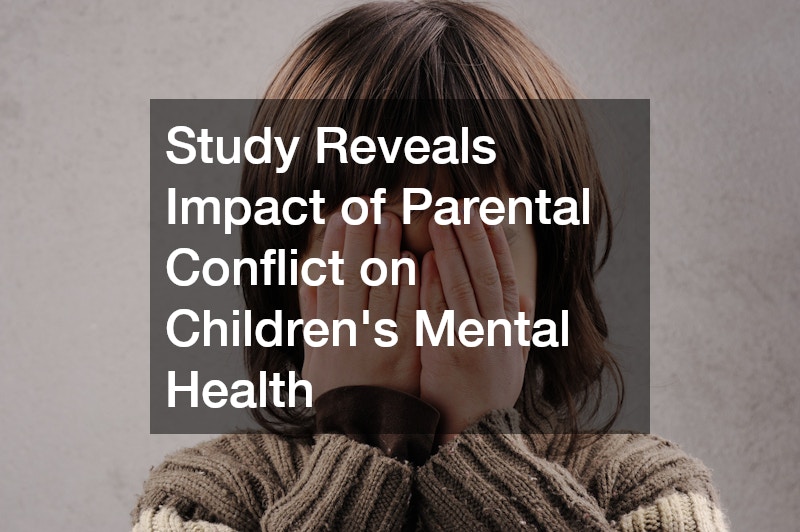A study from Arizona State University sheds light on a pressing issue affecting children of divorced parents: the fear of abandonment. This study emphasizes the profound impact that parental conflict can have on children’s mental health, revealing that these fears are not just fleeting emotions but significant concerns that can have lasting effects.
The study surveyed 559 children between the ages of 9 and 18, examining their exposure to conflict between divorced parents. The findings were stark: many children exposed to their parents’ disputes fear being abandoned by one or both parents. This fear of abandonment, while often unfounded, appears logical to children who witness ongoing conflict.
The researchers discovered that children who observe their divorced parents fighting, speaking negatively about each other, or using them as messengers are particularly vulnerable to these fears.
Children’s mental health can be significantly affected by such conflicts. The study found that even 10 months after witnessing interpersonal conflict, children reported worries about abandonment and various mental health issues. These issues can manifest as anxiety, depression, and difficulties in school or social situations. This prolonged impact highlights the importance of addressing and mitigating parental conflict to protect children’s well-being.
Family lawyers play a crucial role in managing the fallout from divorce and parental conflict. They can guide parents on how to handle their interactions in ways that minimize the emotional impact on their children. One key recommendation from the study is that communication between divorced parents should be limited to discussions about the children. This helps to prevent the children from being caught in the middle of conflicts and reduces their exposure to negative interactions.
Furthermore, children should not be asked to carry messages between households. This practice places an undue burden on them and can exacerbate their fears and anxieties. It is also advised that parents avoid asking their children about the other parent’s personal life, such as who they might be dating. These types of questions can create loyalty conflicts and increase the child’s stress.
Another important point highlighted by the study is the need for parents to maintain appropriate boundaries with their children. Treating a child like a best friend and sharing adult concerns with them can blur the lines between parent and child roles, leading to additional emotional strain. Instead, parents should seek support from adults, whether through friends, family, or professional counseling.
Divorce can be a highly emotional and tumultuous experience, often leaving both parents and children feeling fractured. To prevent the dissolution of healthy boundaries and to support the emotional well-being of their children, parents are encouraged to seek help from family lawyers and mental health professionals. Family lawyers can provide valuable advice on co-parenting strategies that prioritize the needs of the children and reduce conflict. Mental health professionals can offer counseling and support to both parents and children, helping them navigate the challenges of post-divorce life.
The study underscores the critical need for divorced parents to be mindful of how their actions and interactions affect their children. By prioritizing their children’s mental health and implementing strategies to minimize conflict, parents can help mitigate the negative impacts of divorce. This includes maintaining open, respectful communication focused solely on the children’s needs, refraining from involving children in adult issues, and seeking professional guidance when needed.
In conclusion, the Arizona State University study provides important insights into the fears and mental health challenges faced by children of divorced parents. The fear of abandonment and the lasting impact of parental conflict highlight the necessity for divorced parents to manage their interactions carefully. Family lawyers and mental health professionals are vital resources in this process, offering support and strategies to help parents protect their children’s well-being. By taking these steps, parents can foster a more stable and supportive environment for their children during and after divorce.
.


